There is no question snooker as a whole faces different challenges than in the peak of its popularity in the UK in the 1980s and 90s.
Access to other sports has improved, there are more leisure activities like gaming available to young people, and there are fewer snooker halls across the country.
These are challenges those working in the sport are keenly aware of, though not fatalistic about.
“It’s definitely not a dying sport; it’s just different,” insists Anne Totten of Scottish Snooker.
Totten – whose son Chris lost in the world championship qualifiers this year – volunteers with the governing body working to grow the sport.
She points to the loss of cigarette sponsors and the Covid pandemic as factors in how things have changed, with the closure of clubs during lockdown hitting hard.
Rising costs for and the lack of core funding is also taking its toll.
“A few years ago, our academies were performing really well,” she explained. “Our numbers had increased immensely, it was growing and on the up, but then Covid [hit].”
“It was one of the worst-hit sports because of licensing and government reopening times after lockdown, so really it was 18 months lost and where young people found other things.”
Despite that, Totten insists snooker is Scotland is recovering and is more inclusive than ever.
There is a new tour for the over-55s, another for women, and players on different tours from “very diverse backgrounds”.
Approximately 40 or 50 kids are attending junior academies in Scotland, with between 10 and 20 young players playing on tours from under 14s to under 21s, and some competing across age groups.
Snooker, though, is pushing to become a more global sport and China, with a population of around 1.4 billion, is at the forefront of the game with six players making it to the last 16 of this year’s world championship.
So while Totten believes there is talent in Scotland, the level of competition makes it increasingly hard to break through on the world stage.
“I think sometimes it’s overlooked that there is a number of young people coming through in what is really, really fierce competition,” Totten said, citing the likes of Dean Young, Liam Graham, Ross Muir and Scott Donaldson.
“Conditions are incredibly difficult for young people. Although the opportunities are there, those opportunities are there across the globe and everyone’s competing for a small number of spaces.”
It remains to be seen whether any of those spaces on the professional circuit will be taken by a young Scot, or whether Higgins will continue to be the standard bearer.

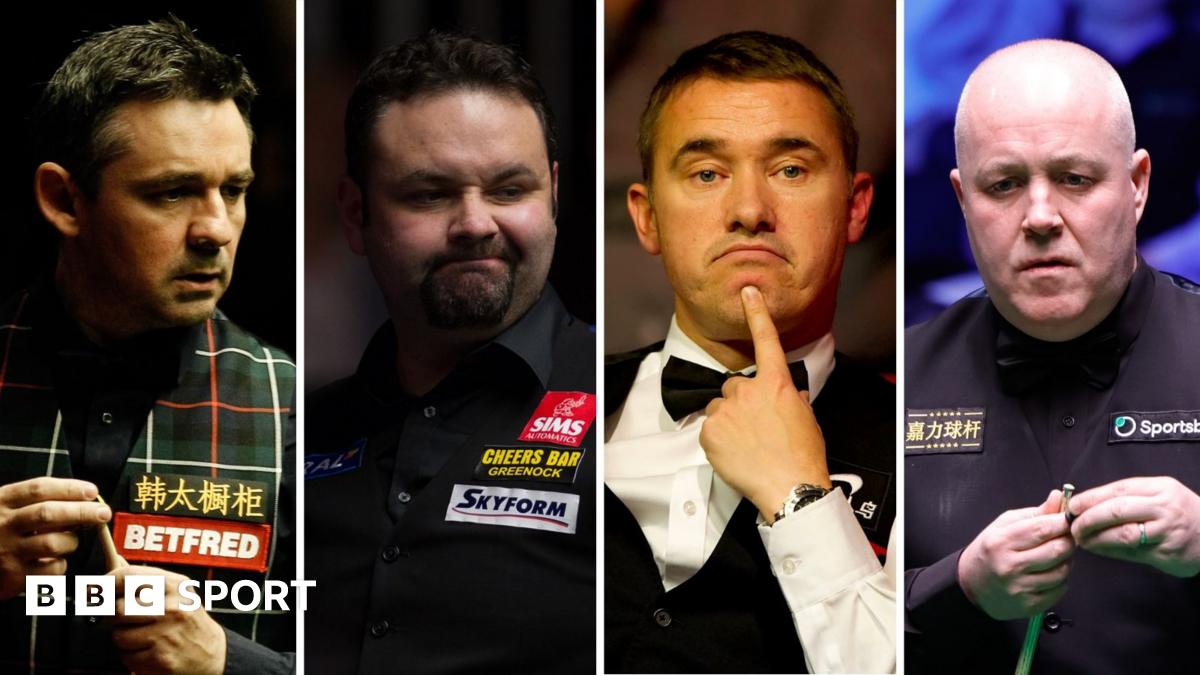
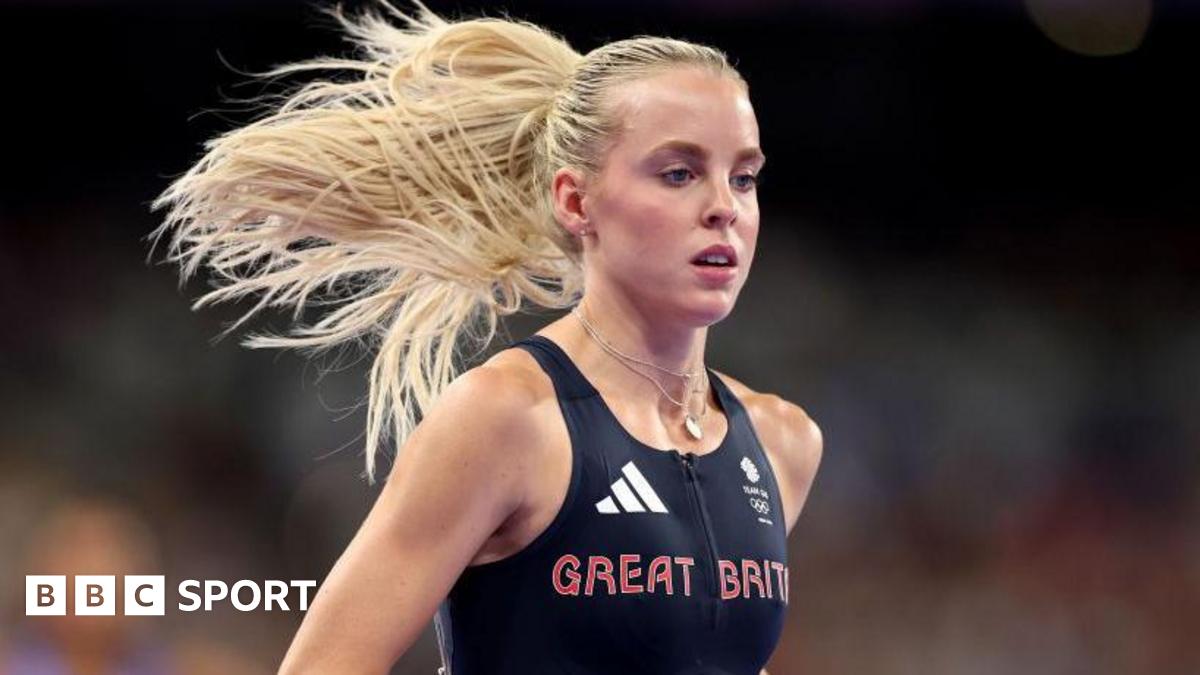
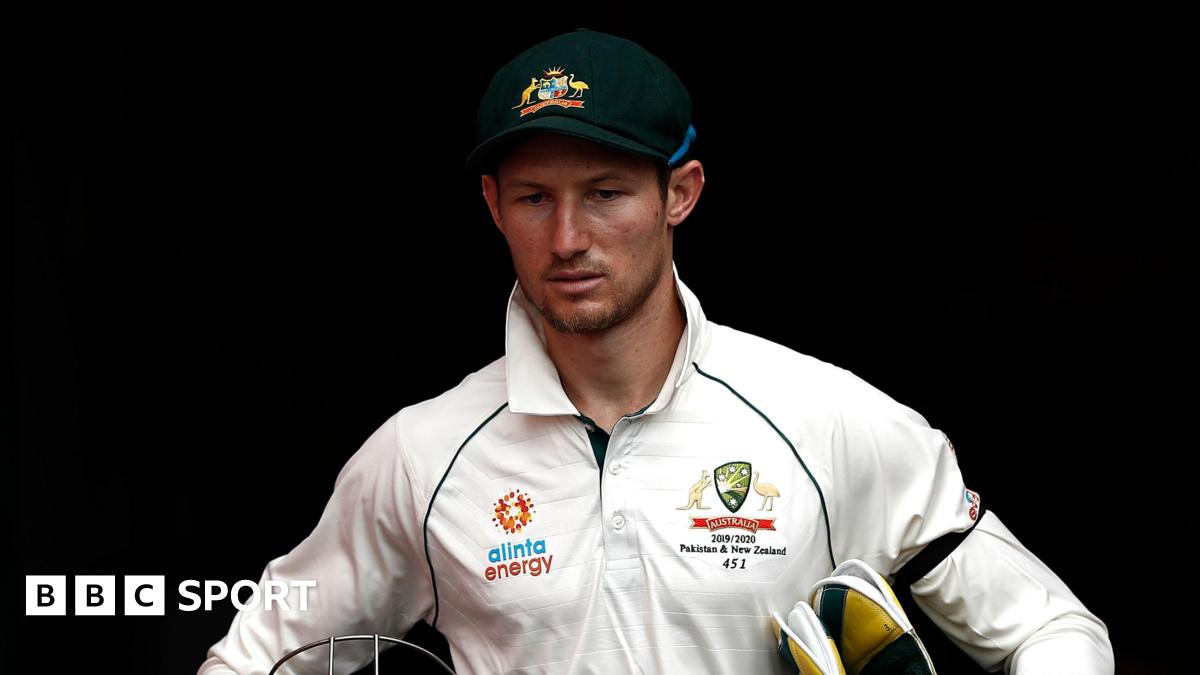
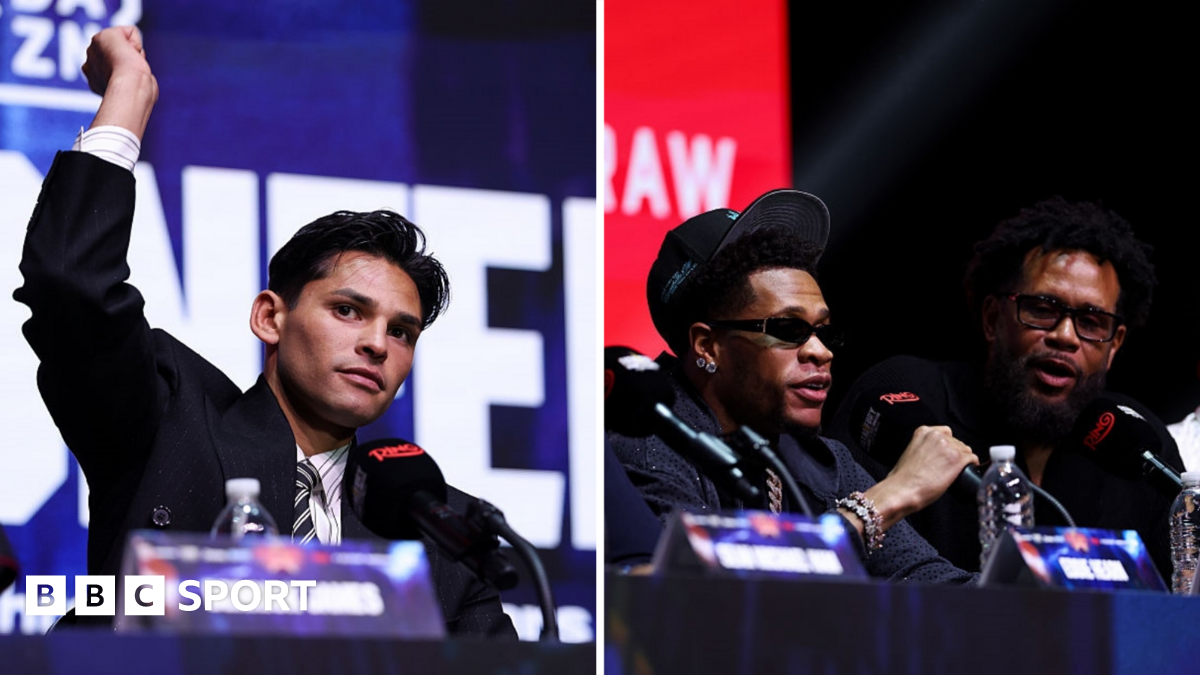

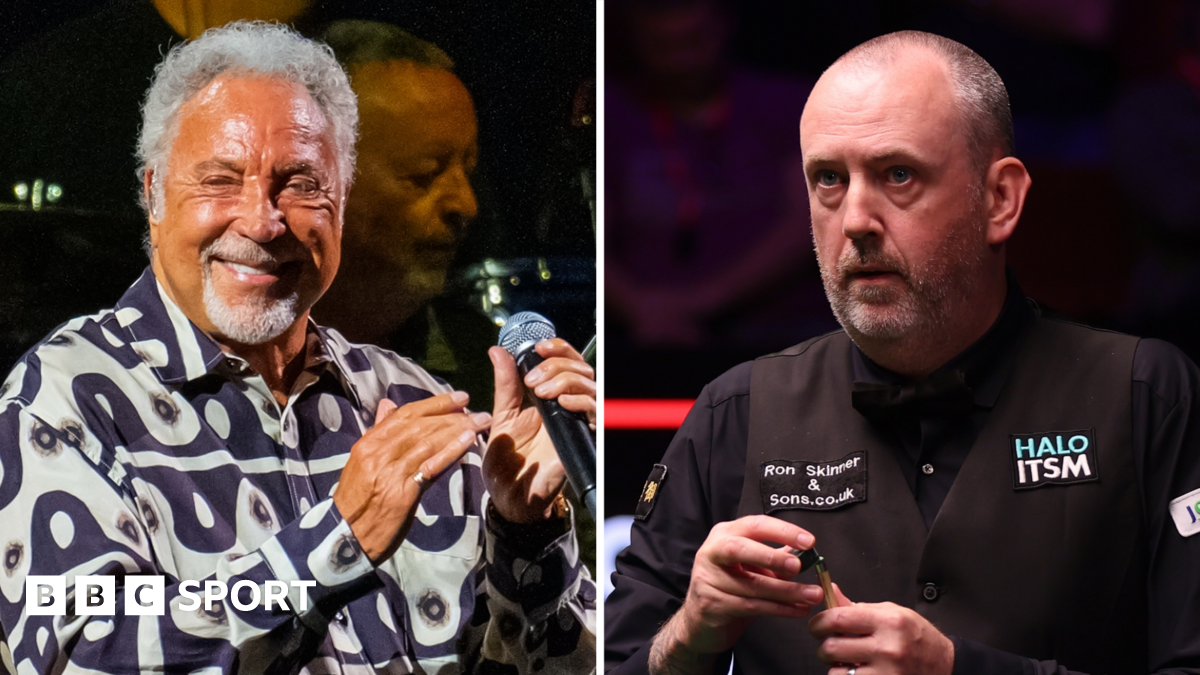
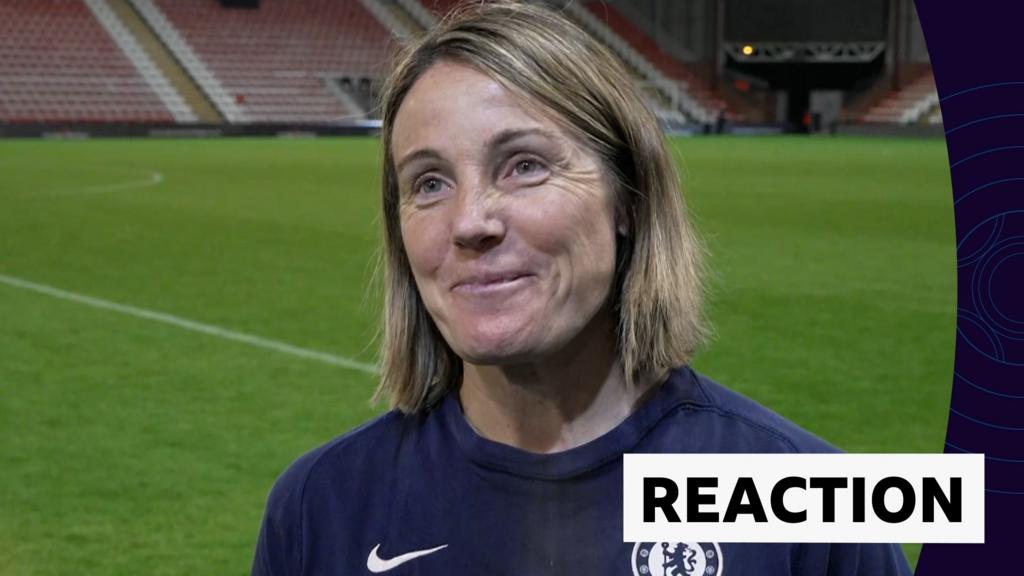
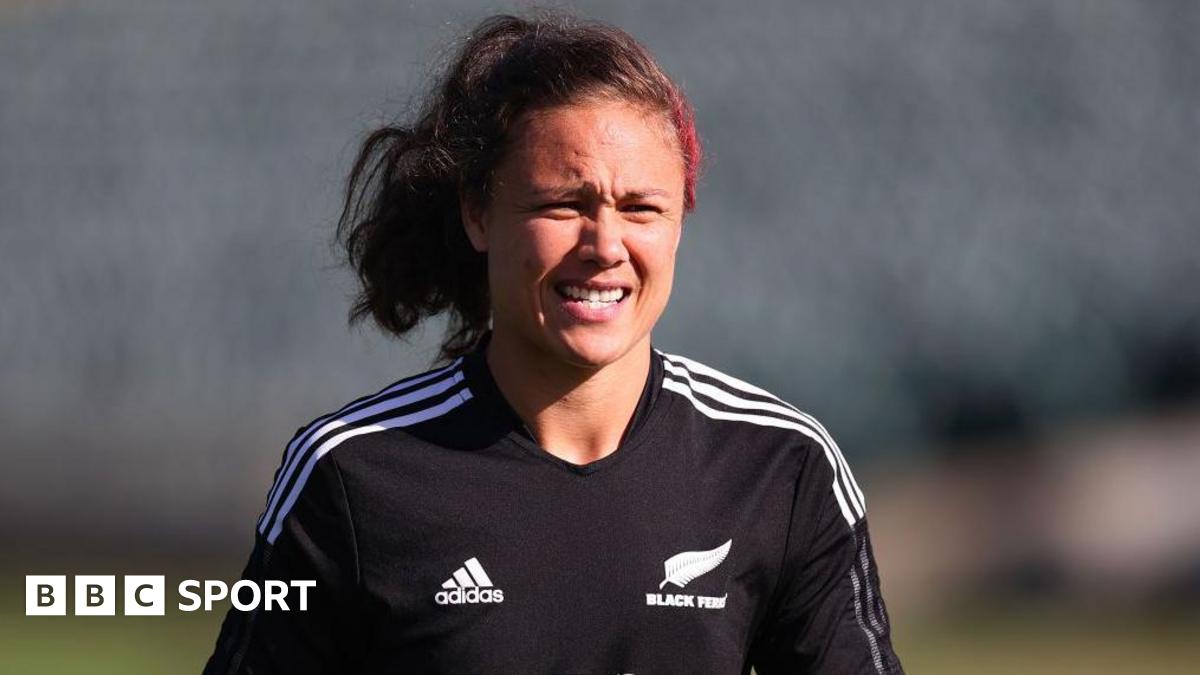




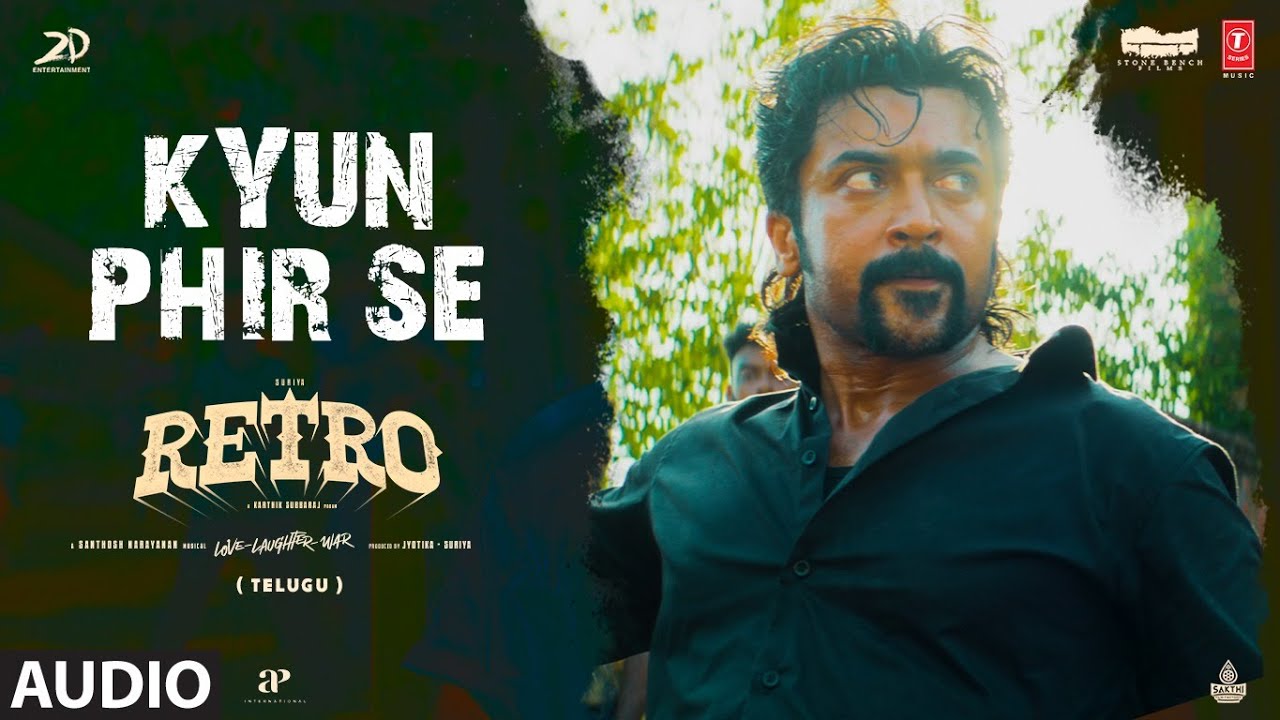


Leave a Reply